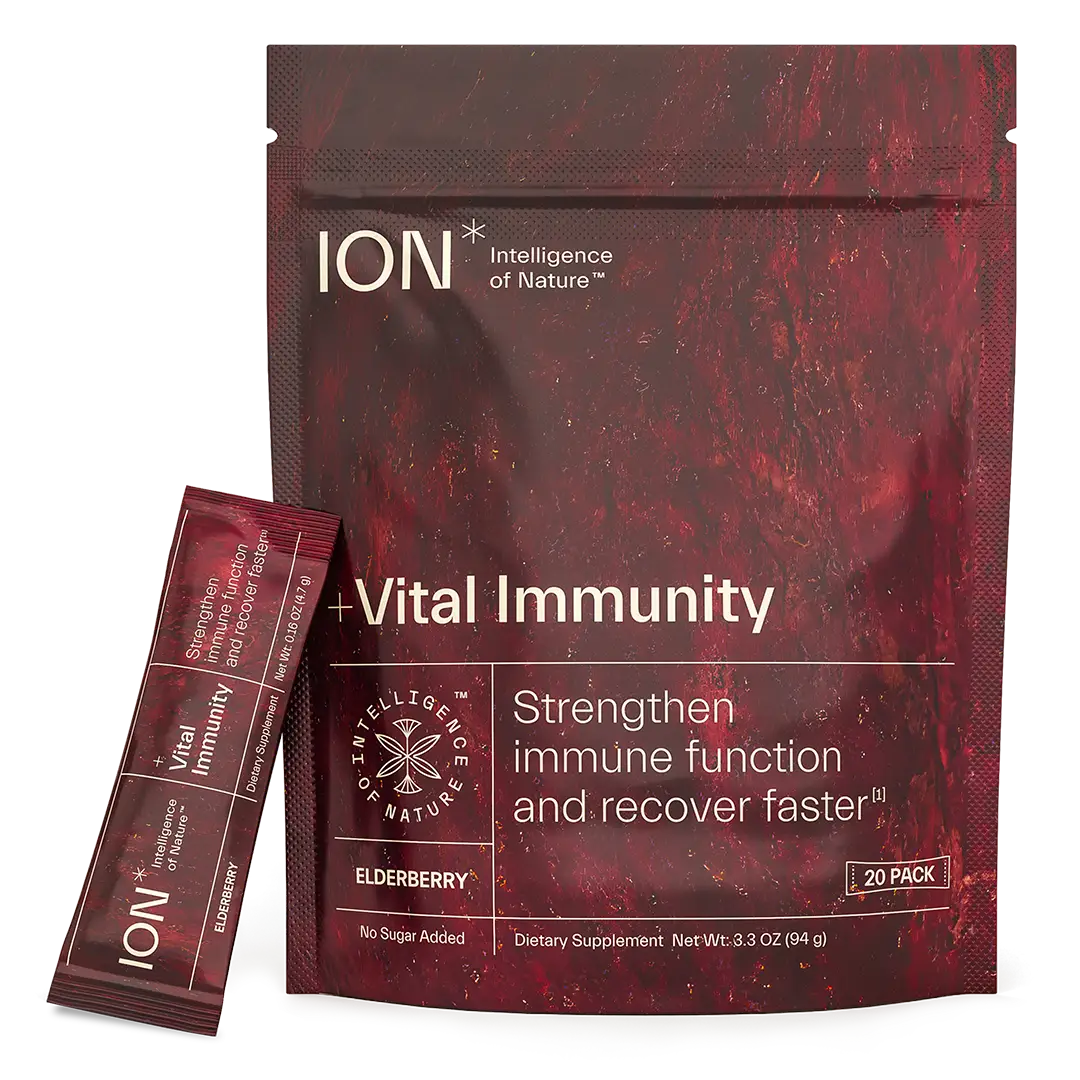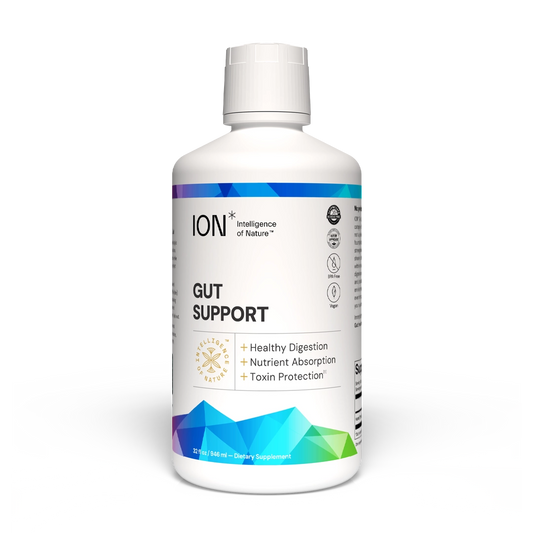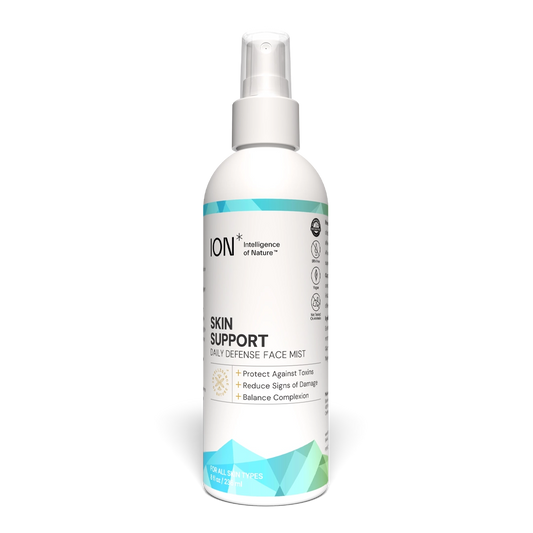Glyphosate, the active ingredient in many herbicides, has been widely used in agriculture since the 1970s. While it was initially hailed as a revolutionary weed killer, its presence in our food system and environment has raised serious concerns. Alarmingly, human health began to decline not long after the widespread adoption of glyphosate. But what exactly happened? And how can we protect ourselves?
The Rise of Glyphosate and the Decline of Human Health
When glyphosate was first introduced in 1974, it was considered a groundbreaking solution for weed control. By the 1990s, the development of genetically modified (GM) glyphosate-resistant crops made it even more pervasive. Farmers could spray entire fields without damaging their crops, leading to a staggering increase in glyphosate use. According to the U.S. Geological Survey, glyphosate application has increased by 100-fold since its introduction, with over 280 million pounds applied annually in the U.S. alone (USGS, 2023).
But while crop yields grew, so did something else — chronic disease. In the decades following glyphosate’s rise, numerous health conditions surged. The correlation is hard to ignore. Conditions like celiac disease, inflammatory bowel disease (IBD), non-alcoholic fatty liver disease (NAFLD), and neurological disorders such as autism and Alzheimer’s became significantly more common. Researchers and health experts have spent years connecting the dots.
The Link to Celiac Disease and Gluten Intolerance
The prevalence of celiac disease has skyrocketed — diagnoses have increased by nearly 400% over the last five decades. Some experts believe that glyphosate may play a role. Glyphosate has been shown to disrupt the gut microbiome, harming beneficial bacteria and creating an environment that mimics gluten intolerance. A study published in Interdisciplinary Toxicology suggested that glyphosate exposure may damage the intestinal lining, a hallmark symptom of celiac disease (Samsel & Seneff, 2013).
The Alarming Rise of Inflammatory Bowel Disease (IBD)
IBD, including Crohn’s disease and ulcerative colitis, has more than doubled in Western countries. The gut microbiome, a community of beneficial bacteria that regulate digestion and immune function, is particularly vulnerable to glyphosate. Its antimicrobial properties don’t discriminate — while it kills weeds, it also kills beneficial gut bacteria like Lactobacillus and Bifidobacteria, leaving harmful pathogens to thrive.
Liver and Kidney Disease: Silent Consequences
Glyphosate exposure has been linked to liver and kidney damage, even at low levels. Animal studies have demonstrated that glyphosate can lead to non-alcoholic fatty liver disease (NAFLD), a condition that’s also become more prevalent in humans. This damage is often silent until it progresses to severe disease, further emphasizing the need for proactive protection.
Neurological Disorders and Cognitive Decline
The impact doesn’t stop at the gut. Emerging research points to glyphosate’s role in neurological diseases like Alzheimer’s and Parkinson’s. Because glyphosate can cross the blood-brain barrier, it has the potential to cause oxidative stress and inflammation in the brain. These factors are closely associated with cognitive decline and neurodegenerative diseases.
Additionally, the World Health Organization’s International Agency for Research on Cancer (IARC) classified glyphosate as a probable human carcinogen in 2015. Agricultural workers and those with high exposure have shown increased rates of non-Hodgkin lymphoma, further raising alarms about its safety.
How Glyphosate Affects the Human Body
Glyphosate’s widespread presence means it’s not only in the fields but also in our food, water, and even our bodies. One of its most concerning effects is how it damages the gut lining. By weakening the tight junctions in our intestines, glyphosate allows harmful substances to enter the bloodstream — a condition known as leaky gut syndrome. Once these toxins breach the gut barrier, they can trigger systemic inflammation, autoimmune reactions, and chronic illness.
Another key mechanism involves the shikimate pathway, a critical process for plant and bacterial survival. While humans don’t possess this pathway, the beneficial bacteria in our guts do. Glyphosate blocks this pathway, preventing microbes from producing essential amino acids like tryptophan, phenylalanine, and tyrosine. These amino acids play a major role in regulating mood, immune function, and brain health.
With the gut compromised, nutrient absorption is hindered, the immune system weakens, and chronic inflammation becomes a constant threat.
Sources:
- U.S. Geological Survey (USGS), 2023
- Krüger, M., et al. "Detection of glyphosate residues in animals and humans." Journal of Environmental & Analytical Toxicology, 2014
- Samsel, A., & Seneff, S. "Glyphosate, pathways to modern diseases II: Celiac sprue and gluten intolerance." Interdisciplinary Toxicology, 2013











